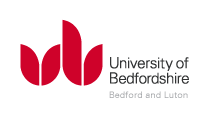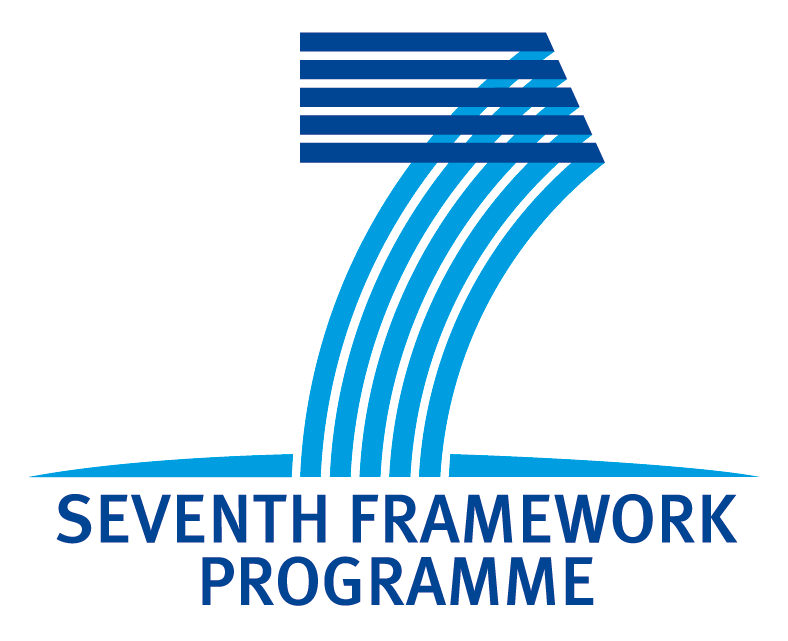Aim and scope
The wireless access networks deployment during the last decades was assisted by specific tools devoted to planning and optimization. The accuracy and effectiveness of such software rely for an important part on the quality of the radio channel prediction. Up to now, cellular networks exploited dedicated radio resources and were deployed under thorough design and planning procedures. Due to the radio spectrum scarcity, two fundamental changes are anticipated. Firstly, the strict reservation of a specific band for a unique standard could evolve toward a priority policy allowing the co-existence of secondary users in a band allocated to a primary system. Secondly, a strong densification of actual cellular networks is expected by combining small outdoor cells and indoor femtocells (Home eNodeB) together with actual systems. This evolution is accompanied with the emergence of cognitive radio that becomes a reality in terminals and the development of self-organization capabilities together with distributed cooperative behaviours. Therefore, the aim of this new workshop is to give new solutions in order to efficiently study the performance of next generation mobile networks, with a particular focus on propagation and channel models.
In order to answer to these questions, Dr Chia-Chin Chong (NTT Docomo, USA), Prof Luis Correia (Technical University of Lisbon), Thomas Kürner (Technische Universität Braunschweig), Dr Su-Khiong Yong (Marvell Semiconductor) and others to be confirmed.
Main topics
Academic and industrial researchers are encouraged to submit papers identifying and discussing all the recent issues related to propagation and channel modeling for future wireless systems. Topics of interest include but are not limited to the following:
- Deterministic versus statistical channel models,
- Outdoor to indoor channel modeling,
- Indoor to outdoor channel modeling,
- Characterization of relay channels,
- Space and time correlated models for shadowing and/or fading,
- Non-Gaussian MIMO channel simulation and modeling,
- Radio propagation for heterogeneous networking,
- Propagation simulation tools for femto/pico/macro cells,
- Propagation models for next generation systems,
- Indoor/outdoor radio propagation models and scenarios,
- Simulation and measurements comparison,
- Diversity characterization in space/polarization/time or frequency,
The workshop accepts only novel, previously unpublished papers. Prospective authors are encouraged to submit a 4-page standard IEEE conference style paper to this workshop. Accepted papers must be presented at the workshop. Extended versions of selected papers will be proposed for publication in the EURASIP Journal on Wireless Communications and Networking, special issue on Radio Propagation, Channel Modeling and Wireless Channel Simulation tools for Heterogeneous Networking Evaluation.






